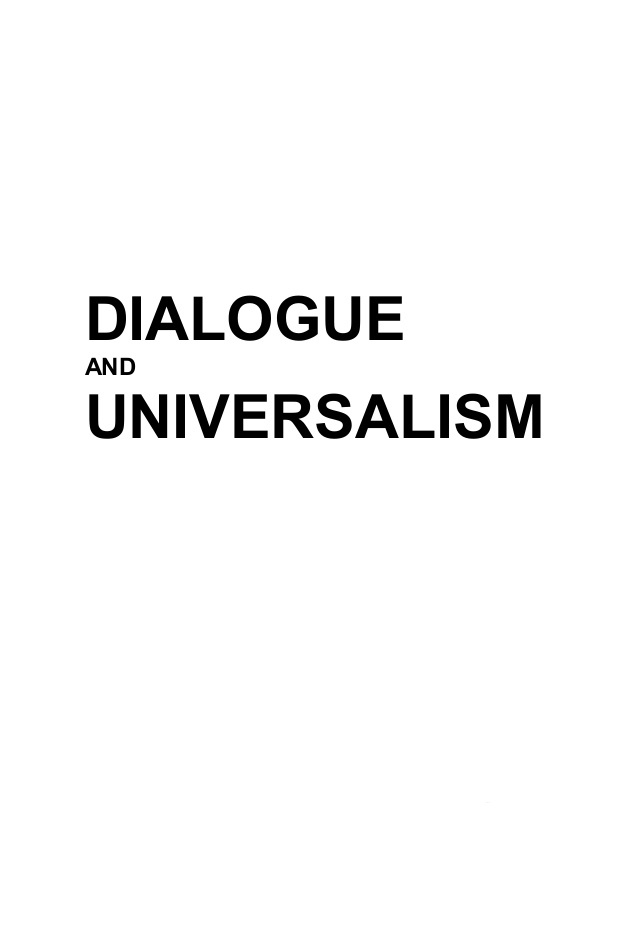MYSTICISM AS A BASIS OF INTER-RELIGIOUS DIALOGUE
MYSTICISM AS A BASIS OF INTER-RELIGIOUS DIALOGUE
Author(s): Michael H. MitiasSubject(s): History of Philosophy, Philosophical Traditions, Social Philosophy
Published by: Instytut Filozofii i Socjologii Polskiej Akademii Nauk i Fundacja Filozofia na Rzecz Dialogu
Keywords: transcendent; mystical experience; ineffable; God-centeredness; exclusivism
Summary/Abstract: Some philosophers and theologians have argued that God-centeredness cannot bea condition of inter-religious dialogue for at least four reasons. First, it is an existentialfact that all religions tend to view the truth of their beliefs and values as absolute. Second, all religions are embedded in radically different cultural contexts; this kind of difference undercuts the possibility of inter-religious dialogue. Third, grounding all thereligions in a transcendent reality relativizes their beliefs and values. Moreover, peopleworship “their” God, not a neutral reality. Fourth, it is difficult to ground all the religions in a transcendent, neutral realty. This paper critically evaluates these argumentsand defends the proposition that the mystical experience provides a justifiable basis forthe claim that the transcendent is not only a wealth of being but also an infinite wealthof being and that the same transcendent is “revealed” in the mystical experience whichunderlies all the major religions. The transcendent is the common ground on which allthe religions stand in inter-religious dialogue qua religions.
Journal: Dialogue and Universalism
- Issue Year: 2019
- Issue No: 2
- Page Range: 89-107
- Page Count: 19
- Language: English
- Content File-PDF

